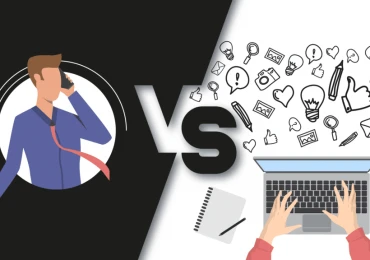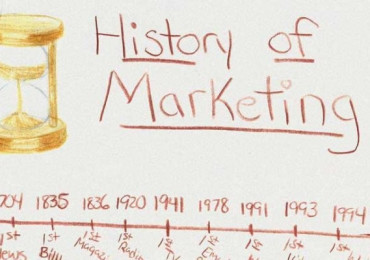
It is a type of marketing that relies on arousing feelings of jealousy in the audience to push them to buy a certain product or service. The goal is to create a feeling of deficiency or desire to own what others have, which prompts consumers to make purchasing decisions to compensate for this feeling.
Characteristics of jealousy marketing:
1. Highlighting the ideal lifestyle: The product or service appears as part of an ideal life that is difficult to achieve.
2. Using celebrities and influencers: Celebrities or influencers appear using the product to make followers feel the desire to imitate.
3. Hinting at social superiority: Focuses on the fact that owning the product gives a sense of distinction or superiority over others.
4. Stimulating comparisons: Pushes the audience to compare themselves with those who own the product to feel the need to buy it.
Benefits and features of jealousy marketing:
1. Stimulating rapid purchase: Creates a sense of urgent need to own the product before it becomes popular or limited.
2. Increased demand: Jealousy arouses the desire to excel, which increases product sales.
3. Enhancing brand loyalty: Once a product is purchased, consumers may feel they belong to a distinct group, which enhances loyalty.
4. Raising brand status: It contributes to placing the brand at a higher level than competitors.
Disadvantages and risks:
1. Negative impact on mental health: It may lead to increased feelings of inferiority and frustration among the audience.
2. Negative reactions: It may cause the audience to feel that the brand is exploiting their feelings.
3. It may lead to irrational purchasing decisions: It pushes consumers to buy things they do not actually need.
4. Potential loss of trust: Customers may feel that the brand is trying to manipulate their feelings, which reduces its credibility.
Arab examples:
- Luxury jewelry advertisements in the Arab world: Some brands such as Damas in the Gulf rely on highlighting celebrities wearing distinctive pieces of its jewelry, which arouses the audience’s desire to own luxury jewelry to resemble them.
- Luxury car ads in the Gulf countries: Brands such as Rolls Royce and Mercedes-Benz market their cars by highlighting a luxurious lifestyle that is limited to a certain category, which creates a feeling of jealousy among consumers.
- Advertising campaigns for beauty and fashion products in Egypt and Lebanon: They rely on celebrities such as Nadine Nassib Njeim and Yasmine Sabry, which prompts followers to buy products to resemble celebrities.
Foreign examples:
- Apple ads: Apple markets its products in a way that highlights users as part of a distinct and more innovative community, which prompts others to want to join this community by buying the company's products.
- Louis Vuitton bag ads: They rely on showing celebrities and global influencers using bags, which arouses jealousy and the desire to own these luxury pieces.
- Rolex watch ads: Rolex markets itself as a symbol of success and social superiority, which prompts consumers to feel the need to own the watch as a sign of prestigious social status.
Jealousy marketing relies on arousing the desire in the audience to own what others own to achieve a sense of distinction and superiority. Although it can increase sales and enhance brand image, it carries the risk of negatively impacting the public’s sentiment and trust in the brand. This strategy should be used carefully and ethically to ensure that the goals are achieved without causing long-term negative impact.

18/08/2024

01/09/2024

30/08/2024

18/08/2024

20/08/2024

16/08/2024

31/08/2024

01/09/2024

18/08/2024

26/08/2024

01/09/2024

20/08/2024

31/08/2024

01/09/2024

22/08/2024

30/08/2024

14/08/2024

16/08/2024

15/08/2024

20/08/2024